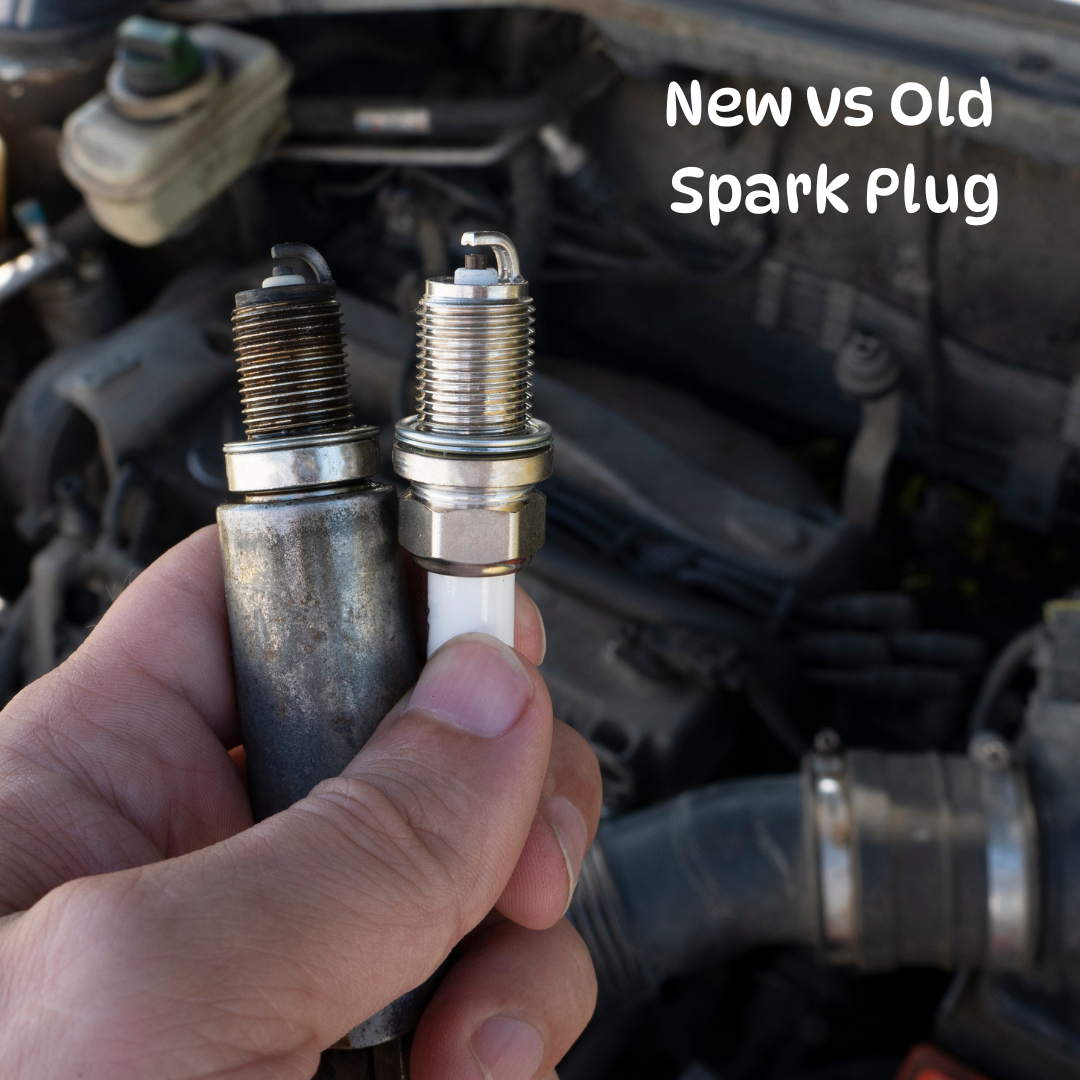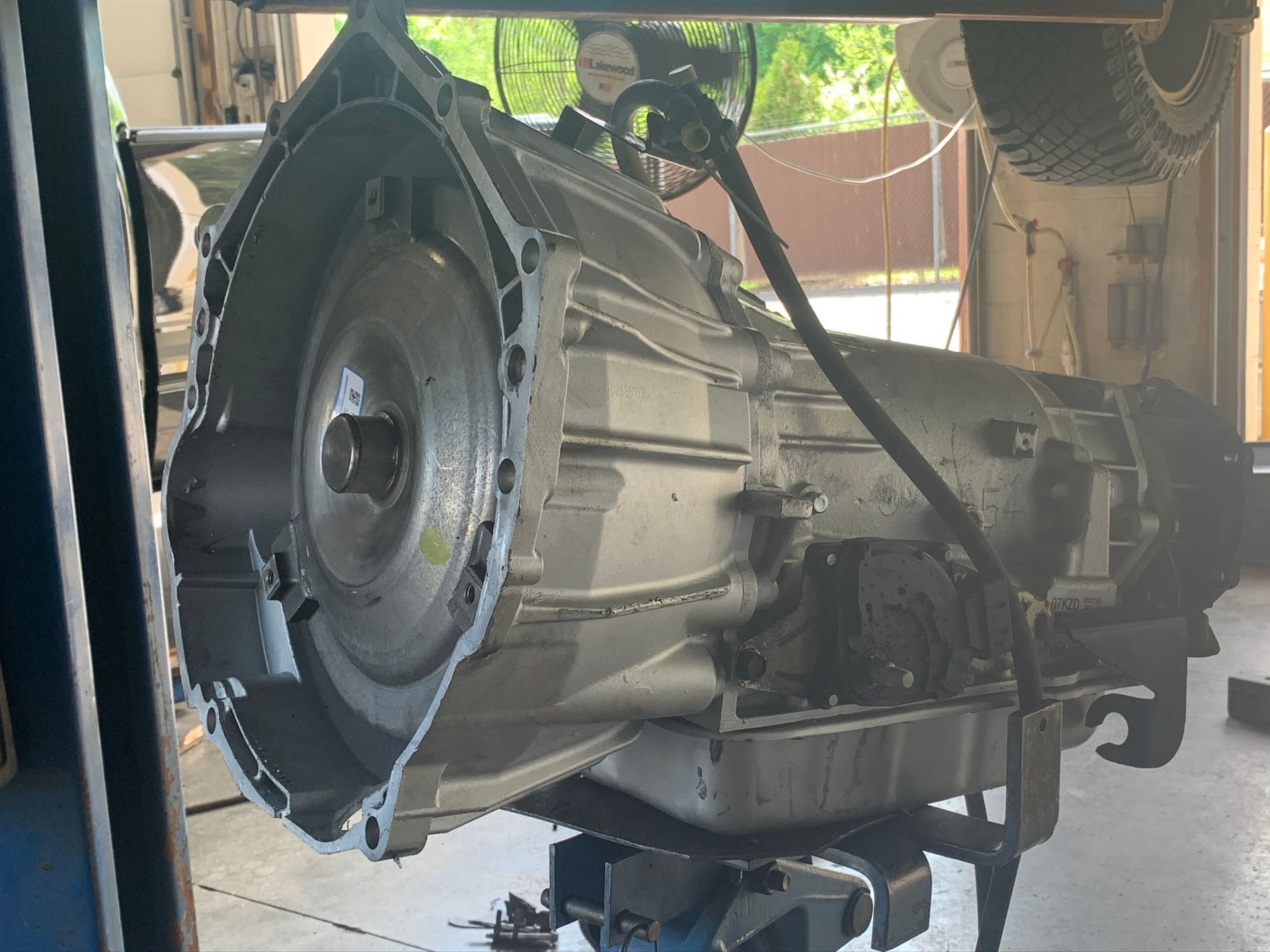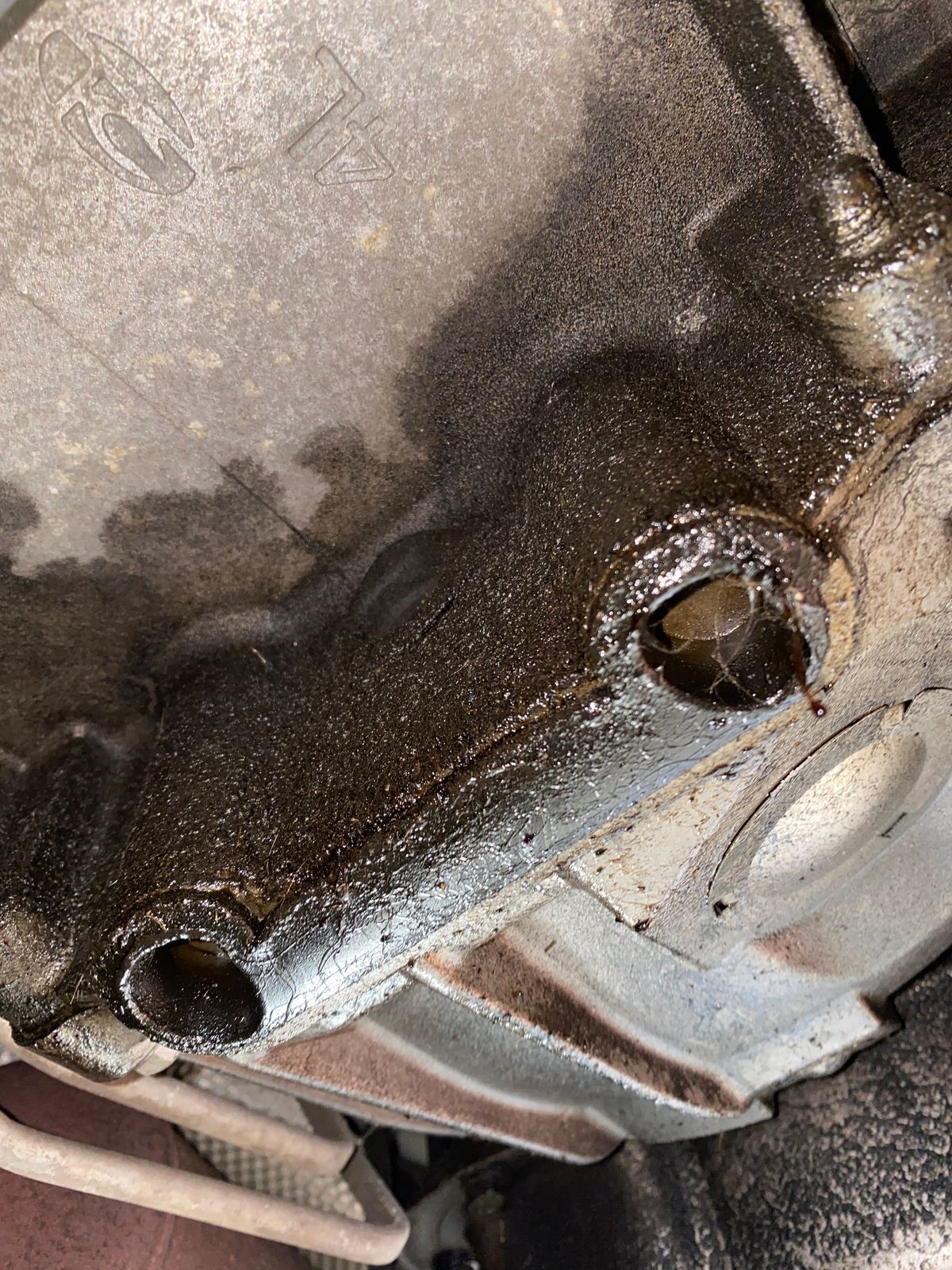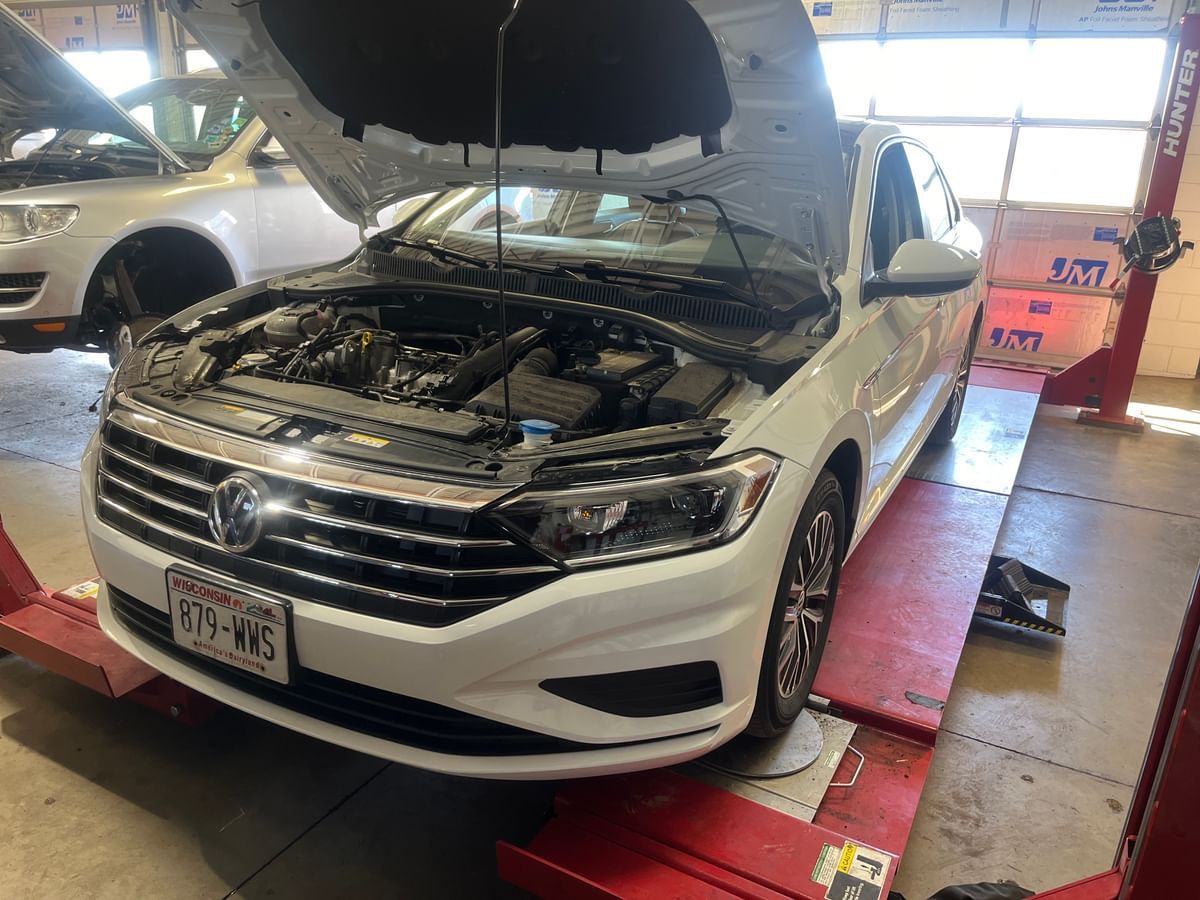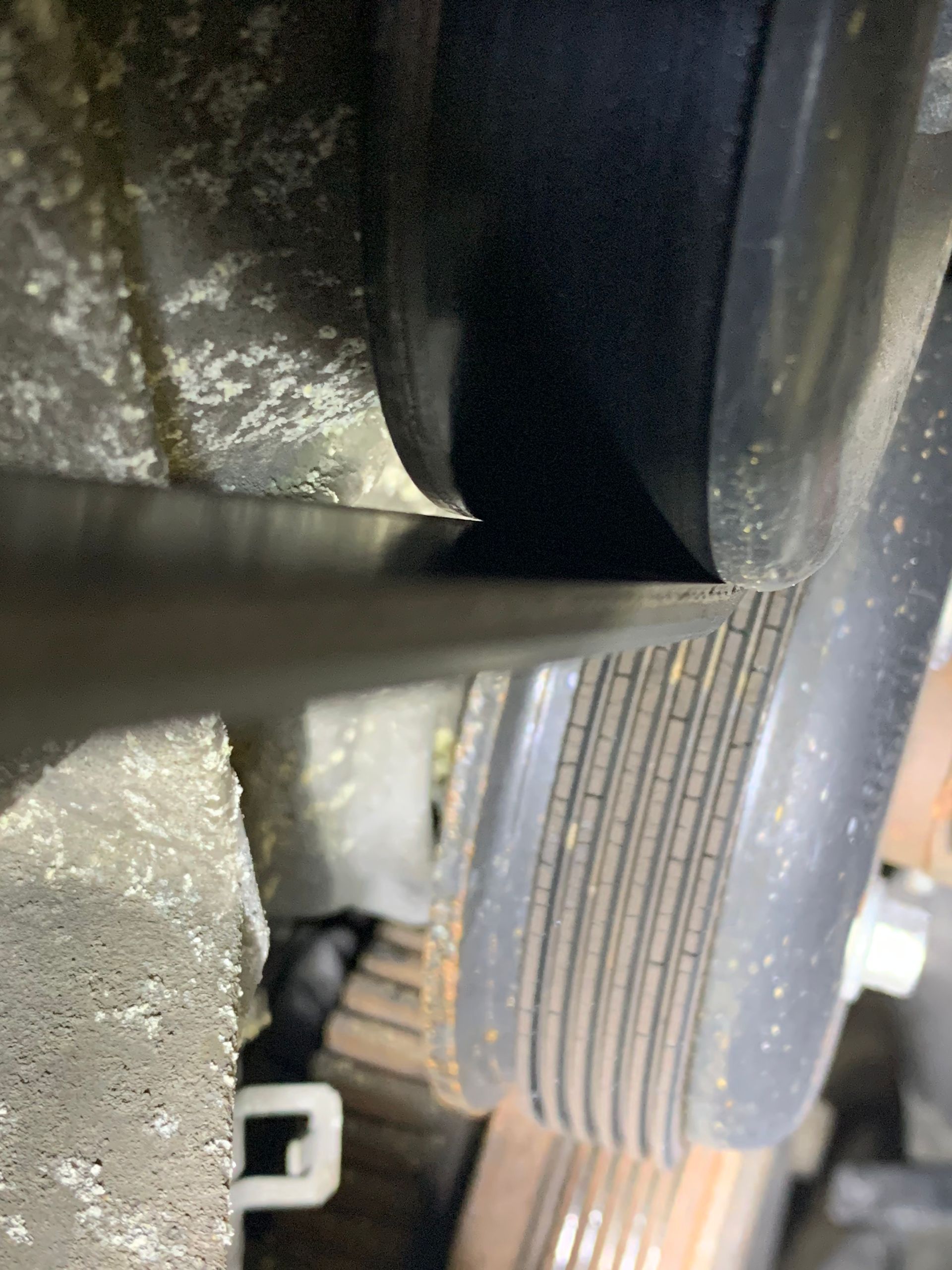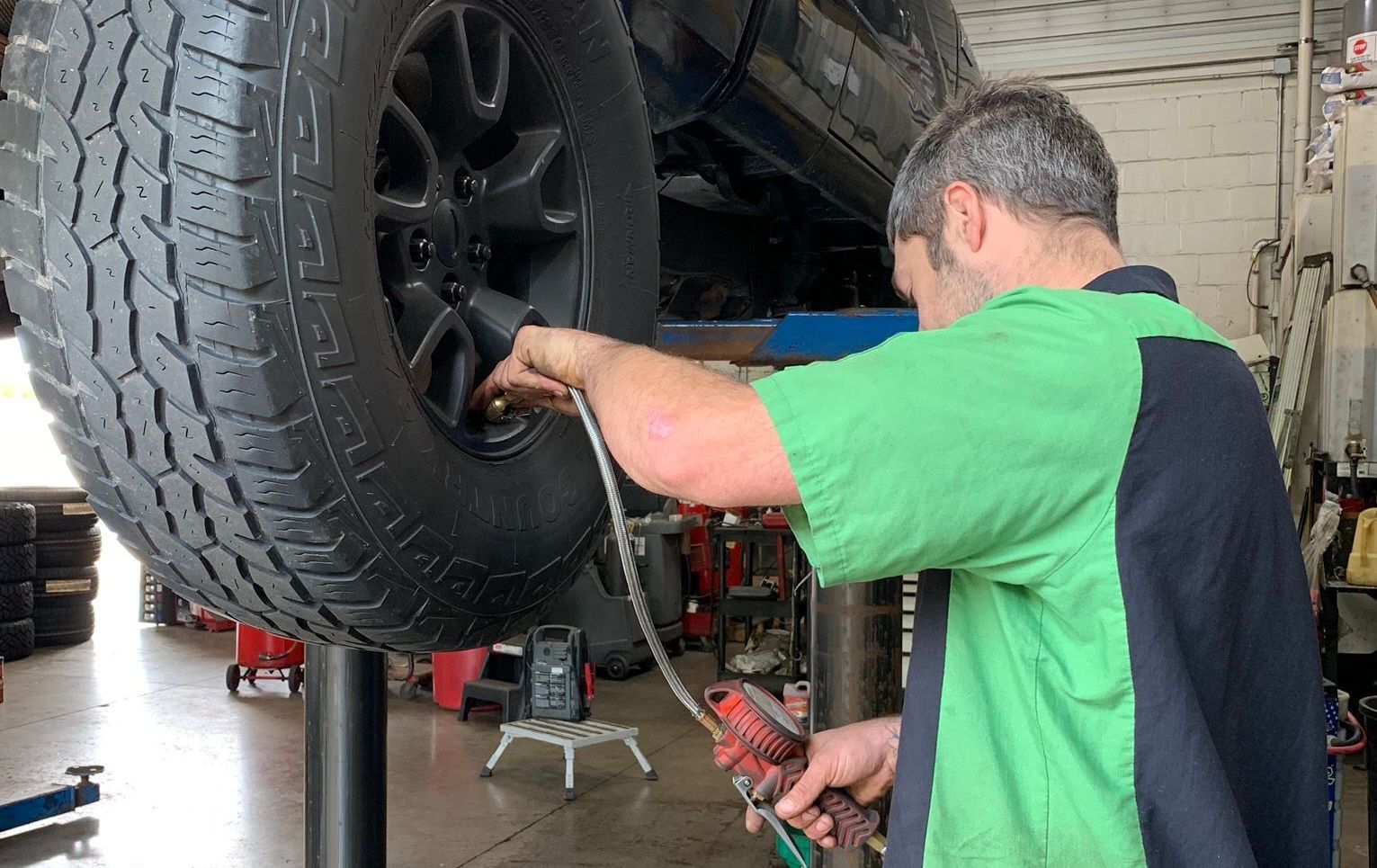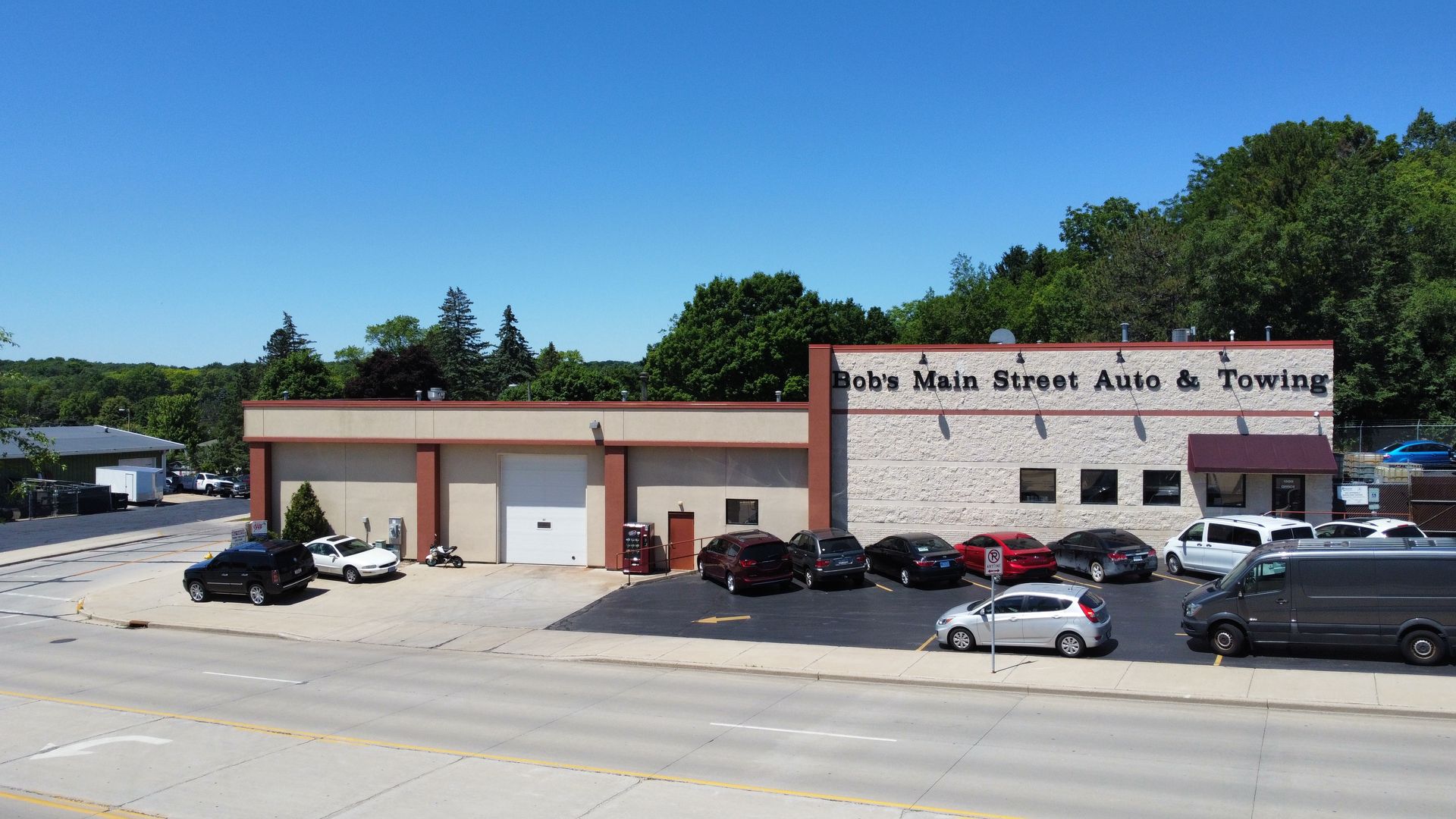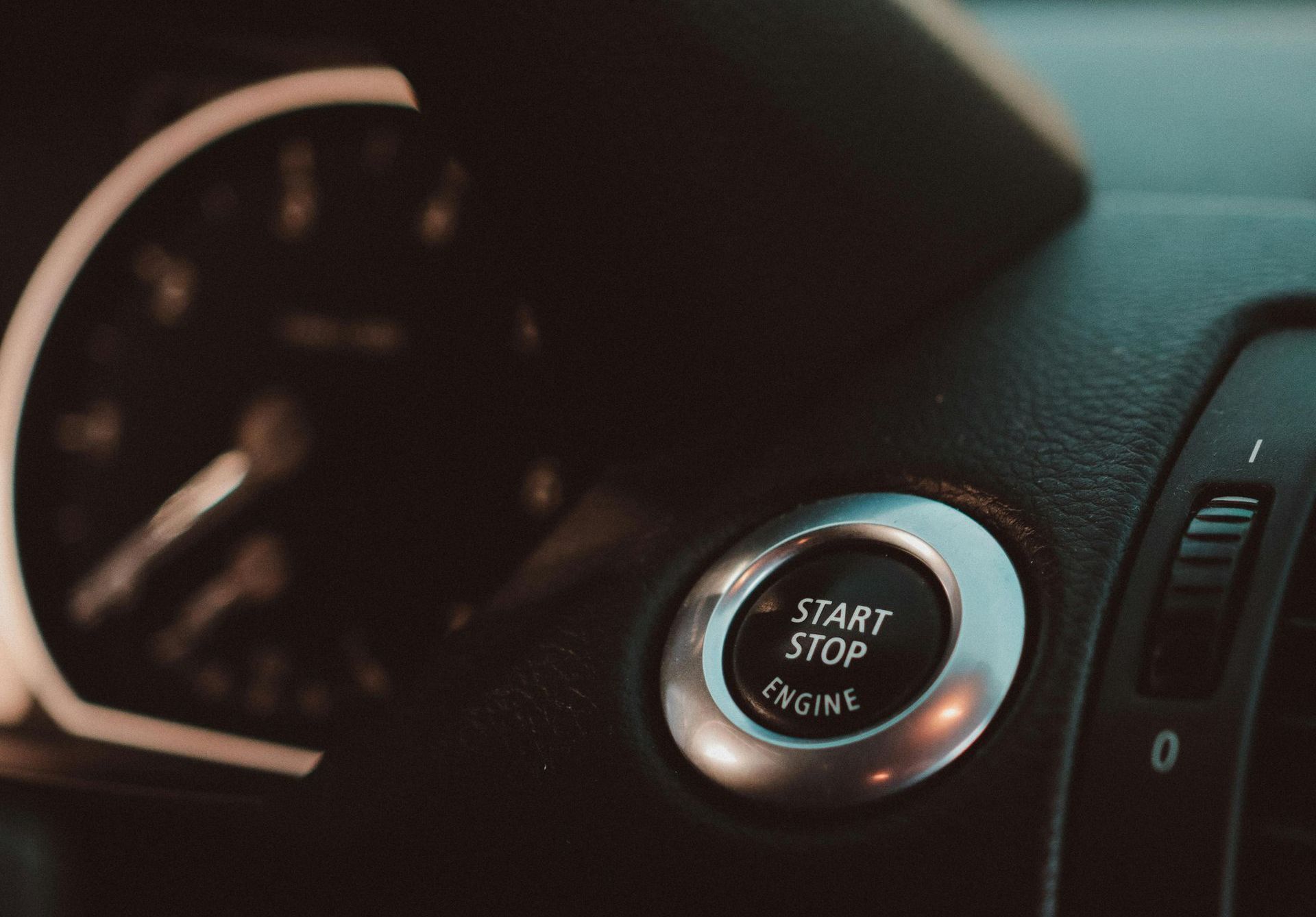What does this dash light on my vehicle mean?
What does this dash light mean on my vehicle?
As we all know it can be terrifying when a light comes on the dashboard of a vehicle. The most common lights that illuminate are the check engine, engine temperature light, tire pressure, oil pressure, and the battery alert. When one of these illuminates it’s normally never a good sign and could mean an expensive repair. However, it could also be something as simple as just routine maintenance for your vehicle. Watch for these common dashboard lights and understand what they could mean about your vehicle.
We will start with discussing the check engine light (which every vehicle has). The check engine light itself may not all look the same in each vehicle, but the meaning behind them is all the same. Everyone always dreads their check engine coming on, which is understandable. Although it could be a simple fix such as a gas cap not on properly it could also be something more expensive such as the catalytic converter failing. Our ASE certified technicians are able to run extensive diagnostics on the check engine light which allows them to pinpoint exactly what is wrong.
Along with that check engine light there is an engine oil pressure light on the dashboard. This light will come on along with the check engine light. This light typically comes on when your oil level is too low and you risk causing damage to your engine. Please do not ignore this light as it can cause a lot of damage to your engine, all components that work with your engine, and can become an expensive repair.
Next, the engine temperature light is one that will come on when your engine is overheating. This has a higher chance of coming on during long trips, but may come on at any time. This could be a simple issue with the temperature sensor, but also has a chance of being an indication that you could cause serious damage to your vehicle by continuing to let it overheat. When a vehicle overheats it means that the engine is not being cooled properly and is at a temperature that is extremely hot. If this light would come on while you drive we recommend that you pull over and call immediately to get the correct assistance.
Other than the lights that help monitor your engine, there is normally a tire pressure light on each vehicle’s dashboard. Most newer vehicles have a tire monitoring system which is a system that monitors the pressure in each tire. This is also known as your tire’s PSI (pound per square inch). The tire monitor light will come on when you need to add air to a certain tire. If this tire light comes on fairly often after you fill the tires back up, to the correct PSI, it usually means there is a leak somewhere within the tire. It is very important to keep your tires at the correct tire pressure. If the tire pressure is too low it can cause extra wear on your tires. If the tire pressure is too high it can cause blowouts on longer drives in hot weather. To find the correct PSI for your vehicle’s tires there is a plaque on the frame of the driver’s side door that will state your tire size and what the PSI should be filled to.
Lastly, there is the battery alert light. When you see the battery light turn on it means that there is a problem impacting how well your battery can charge. It is possible your battery could be the problem. If that is the case then it is more likely that you will not be able to start your car, especially in cooler temperatures. In addition, it could also mean that there are other problems such as a parasitic draw, a damaged/loose battery cable, problem with your alternator belt, etc. Our experienced mechanics will examine your electrical system thoroughly and let you know exactly what is causing that battery light to turn on.
Our THREE conveniently located auto repair shops in Washington County services all makes and models. Please give us a call at any of our locations and they will be happy to assist you with all your vehicle's needs.

